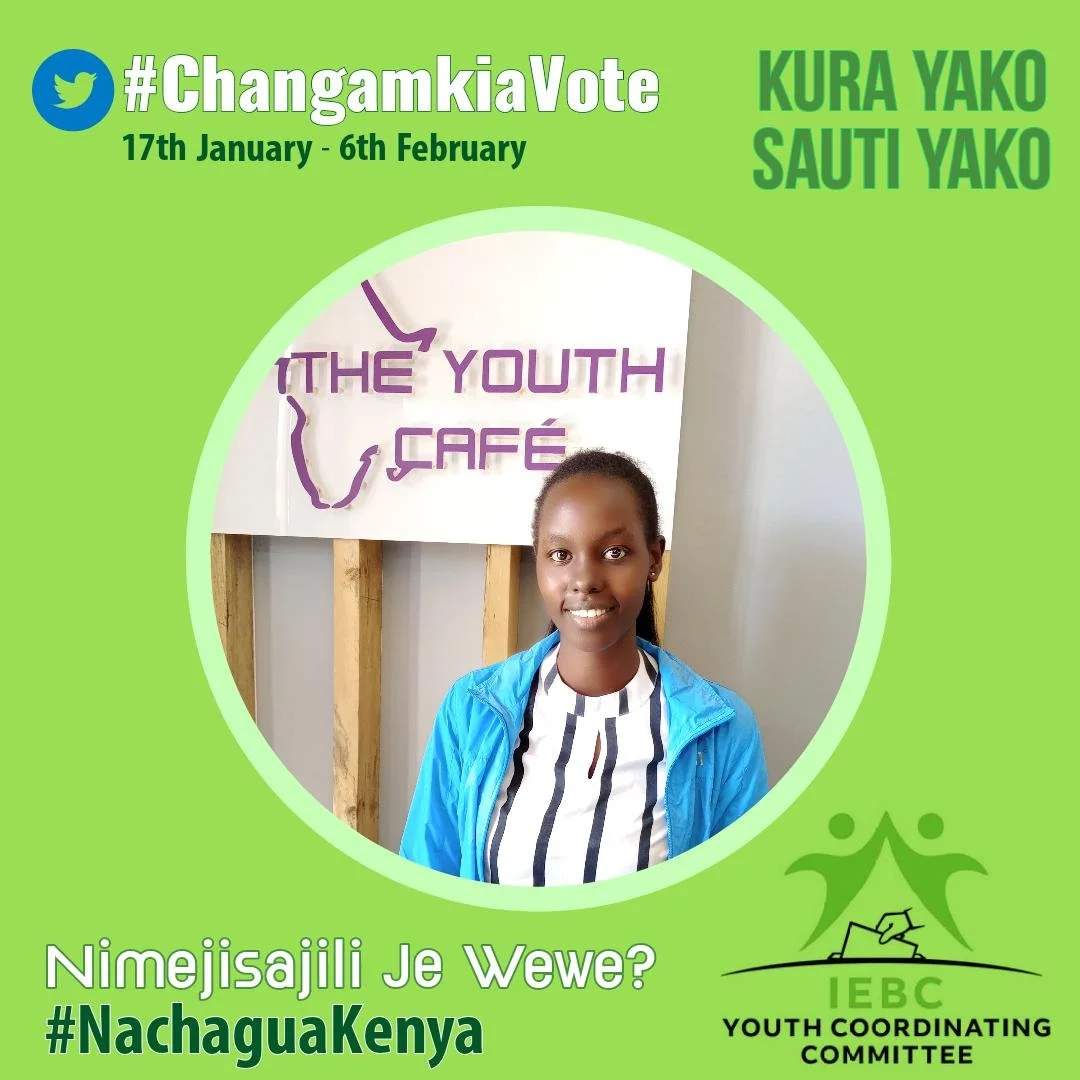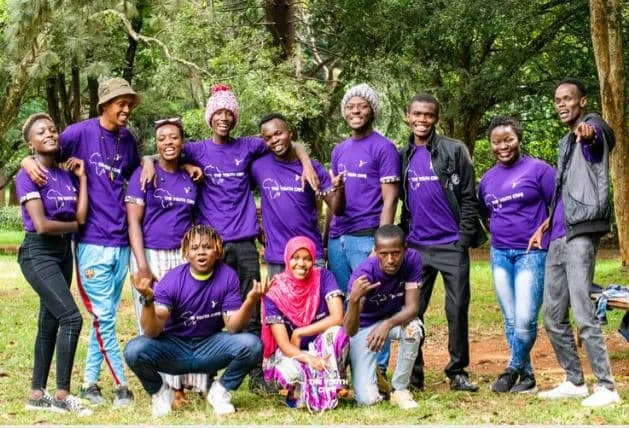It is incontrovertible that the peace and security challenges experienced in Africa from the 1990s put continental and international attention on the key roles played by young men and women in episodes of armed conflict and insecurity. Successive wars and violations of formal peace agreements and processes across the continent further heightened the attention and concern of policy institutions to the participation of youth in armed conflicts and violence. Across the divide, young people continue to constitute the core of combatants, while also representing a significant number of those affected by armed conflicts, violent extremism, banditry, violent protests and gender-based violence in Africa. For instance, in addition to disruption of education and youth-sensitive socio-economic activities, “estimates of direct conflict deaths in 2015 suggest that more than 90 percent of all casualties involved young males.”
The High-Level Global Conference On Youth-Inclusive Peace process | The Youth Café.
The High-Level Global Conference on Youth-Inclusive Peace Process was held virtually on 20-21 January 2022, co-hosted by Qatar, Finland, and Colombia, and co-organized with civil society and UN partners. It began with a Youth Pre-Event on 19 January 2022, leading up to the Global Conference on 20-21 January 2022. The high-level conference aimed to secure national commitments to advance the country-level operationalization of the Youth Peace Security agenda and strengthen political will and commitment to including youth in peace processes. Interactive and action-oriented discussions convened across five themes building on the Youth Peace Security agenda between Heads of State and other High-Level Government representatives, young peacebuilders, and representatives of intergovernmental organizations, CSOs, academia, and donors.
How Can We Get More Young People To Register As Voters.
Acknowledging the dire need for increased youth participation in the electoral process, The Youth Café has been working on ways to get more young people to register as voters. Research by the Office of the United Nations High Commissioner for Human Rights (OHCHR), shows that the youth could be largely categorized in three distinct demographics, classified according to age; with the first demographic being young people aged between 18-24 years, then 25-29 years and 30-35 years. Each of these key demographics will require a different approach to get them to register as voters.
Youth-Led Gender Activism Towards Inclusive Peace-Building
Young women are at the intersection of these two agendas and should therefore be actively engaged in the conversations surrounding peace-building, peace-negotiations, and peace-keeping. It is becoming increasingly difficult to ignore the role of young people in furthering gender activism. Young women have particularly been previously excluded as ‘youth’ has been translated as ‘young men’ in the context of war, conflicts, and peace-building.





